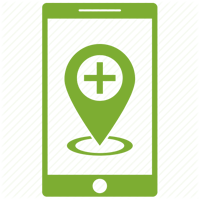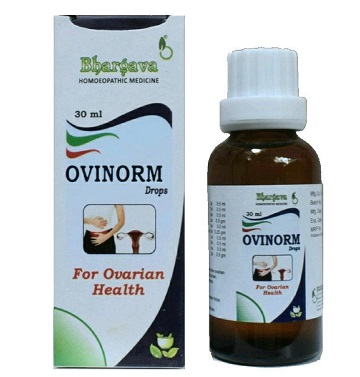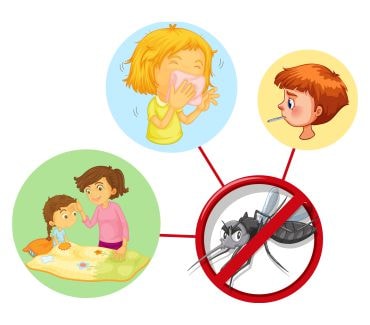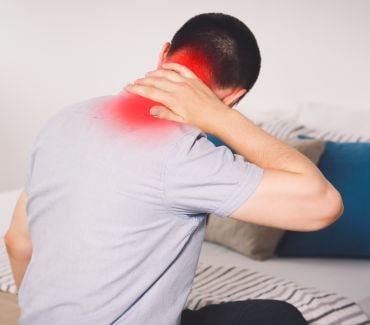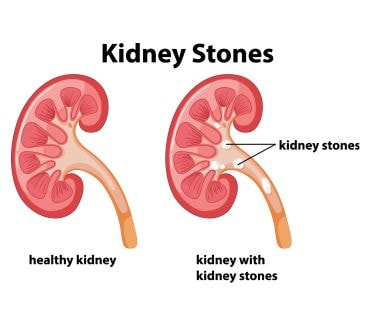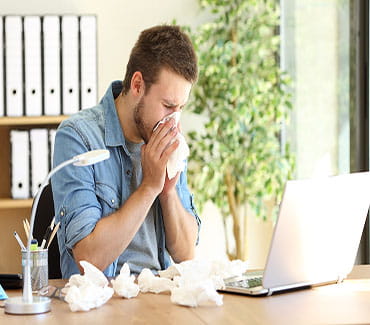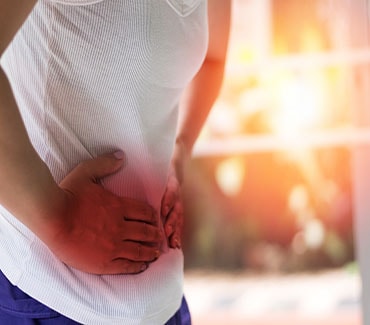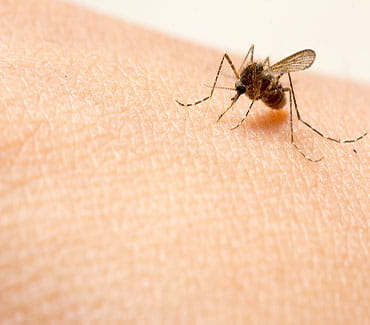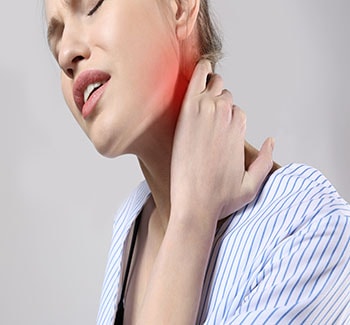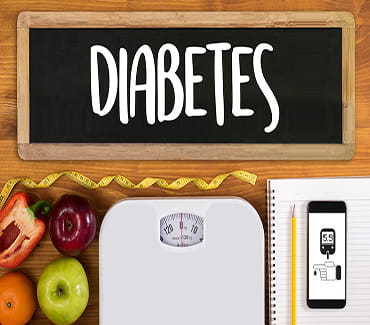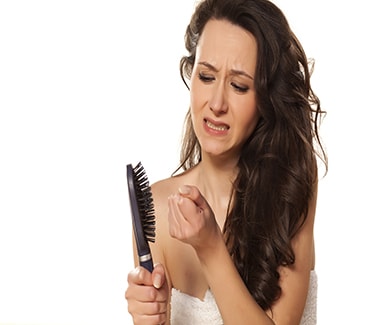Ovarian cysts are common in women. Most ovarian cysts are safe and cause little to no pain. Within a few months, the majority vanish without therapy. Ovarian cysts, particularly those that have burst, may result in significant symptoms. Get frequent pelvic examinations and be aware of the signs that might indicate a potentially substantial issue to safeguard your health. Cysts in the ovary or surface are pockets or sacs filled with fluid. On each side of the uterus, women have two ovaries, each roughly the size, and shape of an almond. During the reproductive years, ova, which grow and mature in the ovaries, are released monthly.
Ovarian cysts: what causes them?
Every menstrual cycle, your ovaries typically form little cyst-like structures called follicles; when you ovulate, an egg is released from one of these follicles. A normal follicle develops into a "functional cyst" if it continues to expand. Usually, this kind of cyst goes away after two or three cycles.
Hormonal changes (including those brought on by fertility medications), pregnancy, endometriosis, and a severe pelvic infection that spreads to your ovaries are among the factors that raise your chance of developing ovarian cysts.
Ovarian Cyst: Signs and Symptoms.
-
Pelvic pain: Some women report mild to severe discomfort when an ovarian cyst forms. The discomfort might range from mild, ongoing aching to severe, unexpected agony.
-
Bloating: Bloating is a typical sign of an ovarian cyst and often coexists with a sense of abdominal heaviness or fullness. The degree of your bloating may change during your period.
-
Gaining Weight:There are situations when a sudden or unexpected weight increase occurs together with ovarian cysts. This could happen if a hormonal imbalance causes an ovarian cyst.
-
Heavy, Painful Periods: Menstrual discomfort is an ovarian cyst symptom often experienced. Additionally, many women deal with significant bloating, terrible cramps, and excessive bleeding.
-
Toilet Issues:Urinary urgency, difficulty defecating, complex bowel motions, and difficulty urinating are signs of certain cysts.
-
Irregular periods:You could have an ovarian cyst if you experience bleeding in addition to your monthly cycle, spotting, or particularly excessive bleeding when you are having your period. Doctor Bhargava’s homeopathic medicine for irregular periods is natural and does not have any side-effects.
Ovarian Cyst: Causes
Ovarian cyst causes may vary. Causes include:
-
Unbalanced hormones:Hormonal imbalance may cause ovarian cysts. Fertility treatments or other conditions might cause hormonal imbalance.
-
Pregnancy: Corpus luteum cysts may develop after the egg is discharged from the follicle. Cysts often resolve themselves during or after pregnancy.
-
Endometriosis:Endometriosis causes uterine endometrial cells to develop outside the uterus. Endometrial tissues may cause ovarian cysts.
-
Pelvic infections;When pelvic disorders reach the ovaries, cysts occur.
-
Previous cysts:If you've had an ovarian cyst, you'll have another.
How to Get Rid of Ovarian Cyst Symptoms and Cure Cysts on Ovaries Naturally?
-
Ovarian cysts often go away on their own. Here are some natural remedies that may help alleviate symptoms and reduce their size if they bother you.
-
Beetroot: Betacyanin, a substance that increases the liver's capacity to remove toxins from your body, is abundant in beetroot.
-
Apple cider vinegar: Studies show that ovarian cysts brought on by a lack of potassium may be reduced and spread with the use of apple cider vinegar.
-
Epsom salt: Medical research has shown that taking an Epsom salt bath may help lessen pain and other ovarian cyst-related symptoms.
-
Flaxseed: Flaxseeds assist in minimizing cysts by balancing the ratio of oestrogen to progesterone in your body.
-
Ginger: This anti-inflammatory plant reduces pain, raises body temperature, and encourages a healthy menstrual flow.
Treatment: Medicine for This Health Problem
Ovinorm Drops: The homeopathic drug Ovinorm drops are used to treat PCOD and PCOS in female patients. This is a homeopathic medicine for ovarian cysts, and this is also a homeopathic medicine for pain in the lower abdomen and ovaritis. It is recognized for its impact and is said to work quickly.
More Women Diseases:



